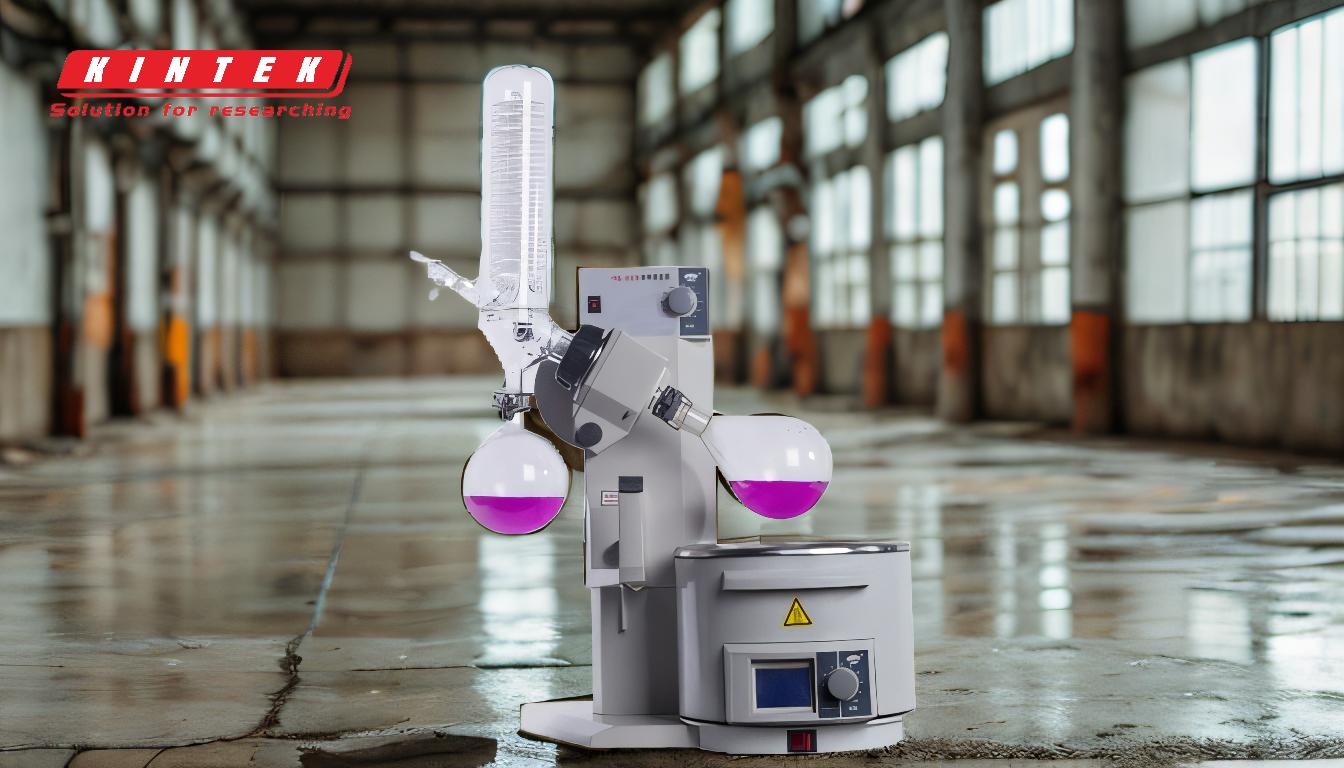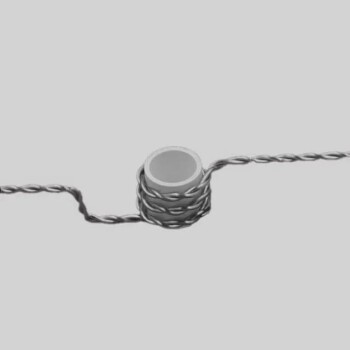Evaporation concentration is a process used to increase the concentration of a solution by removing the solvent, typically water, through evaporation. This technique is widely used in industries such as food and beverage, pharmaceuticals, and chemical manufacturing to concentrate liquids, reduce volume, and recover valuable components. The process involves heating the solution to evaporate the solvent, leaving behind a more concentrated mixture. Factors such as temperature, pressure, and surface area play a crucial role in determining the efficiency of the process. Evaporation concentration is energy-intensive but offers advantages like improved product quality, reduced transportation costs, and waste minimization.
Key Points Explained:

-
Definition of Evaporation Concentration
- Evaporation concentration is a physical separation process where a solvent (usually water) is removed from a solution by converting it into vapor.
- The remaining solution becomes more concentrated as the solvent evaporates.
- This method is commonly used to concentrate liquids like fruit juices, milk, and chemical solutions.
-
How Evaporation Concentration Works
- The solution is heated to a temperature where the solvent evaporates, leaving behind the solute.
- The vapor is then condensed and collected, while the concentrated solution is retained.
- The process can be performed under vacuum to lower the boiling point of the solvent, reducing energy consumption.
-
Applications of Evaporation Concentration
- Food and Beverage Industry: Used to concentrate juices, milk, and syrups, enhancing flavor and shelf life.
- Pharmaceuticals: Concentrates active ingredients and removes water to produce stable formulations.
- Chemical Industry: Recovers solvents and concentrates chemical solutions for further processing.
- Wastewater Treatment: Reduces the volume of liquid waste, making it easier to handle and dispose of.
-
Factors Affecting Evaporation Concentration
- Temperature: Higher temperatures increase the rate of evaporation but may degrade heat-sensitive components.
- Pressure: Lowering the pressure reduces the boiling point, saving energy and protecting sensitive materials.
- Surface Area: Increasing the surface area of the solution (e.g., using thin-film evaporators) enhances evaporation efficiency.
- Agitation: Stirring the solution ensures uniform heating and prevents localized overheating.
-
Types of Evaporation Systems
- Batch Evaporators: Suitable for small-scale operations, where the solution is processed in batches.
- Continuous Evaporators: Designed for large-scale, continuous processing, offering higher efficiency and consistency.
- Multiple-Effect Evaporators: Utilize the vapor from one stage to heat the next, significantly reducing energy consumption.
- Thin-Film Evaporators: Use a thin layer of liquid to maximize surface area and minimize thermal degradation.
-
Advantages of Evaporation Concentration
- Product Quality: Preserves the integrity of heat-sensitive components by operating under controlled conditions.
- Volume Reduction: Reduces the volume of liquids, lowering storage and transportation costs.
- Waste Minimization: Concentrates waste streams, making them easier to treat or dispose of.
- Resource Recovery: Recovers valuable solvents or components from solutions.
-
Challenges and Considerations
- Energy Consumption: Evaporation is energy-intensive, requiring efficient systems to minimize costs.
- Fouling and Scaling: Deposits on evaporator surfaces can reduce efficiency and require regular cleaning.
- Material Compatibility: Equipment must be resistant to corrosion and compatible with the solution being processed.
- Environmental Impact: Proper handling of vapors and condensates is necessary to prevent pollution.
-
Choosing the Right Evaporation System
- Consider the nature of the solution (e.g., viscosity, heat sensitivity).
- Evaluate the required concentration level and production scale.
- Assess energy efficiency and operational costs.
- Ensure the system is compatible with the materials and can handle potential fouling or scaling issues.
By understanding these key points, equipment and consumable purchasers can make informed decisions when selecting evaporation concentration systems tailored to their specific needs.
Summary Table:
| Aspect | Details |
|---|---|
| Definition | Process of removing solvent (e.g., water) to concentrate solutions. |
| Applications | Food & beverage, pharmaceuticals, chemical manufacturing, wastewater treatment. |
| Key Factors | Temperature, pressure, surface area, agitation. |
| Types of Systems | Batch, continuous, multiple-effect, thin-film evaporators. |
| Advantages | Improved product quality, volume reduction, waste minimization, resource recovery. |
| Challenges | High energy consumption, fouling, material compatibility, environmental impact. |
| Selection Criteria | Solution nature, concentration level, energy efficiency, operational costs. |
Ready to optimize your evaporation concentration process? Contact us today for expert guidance!










